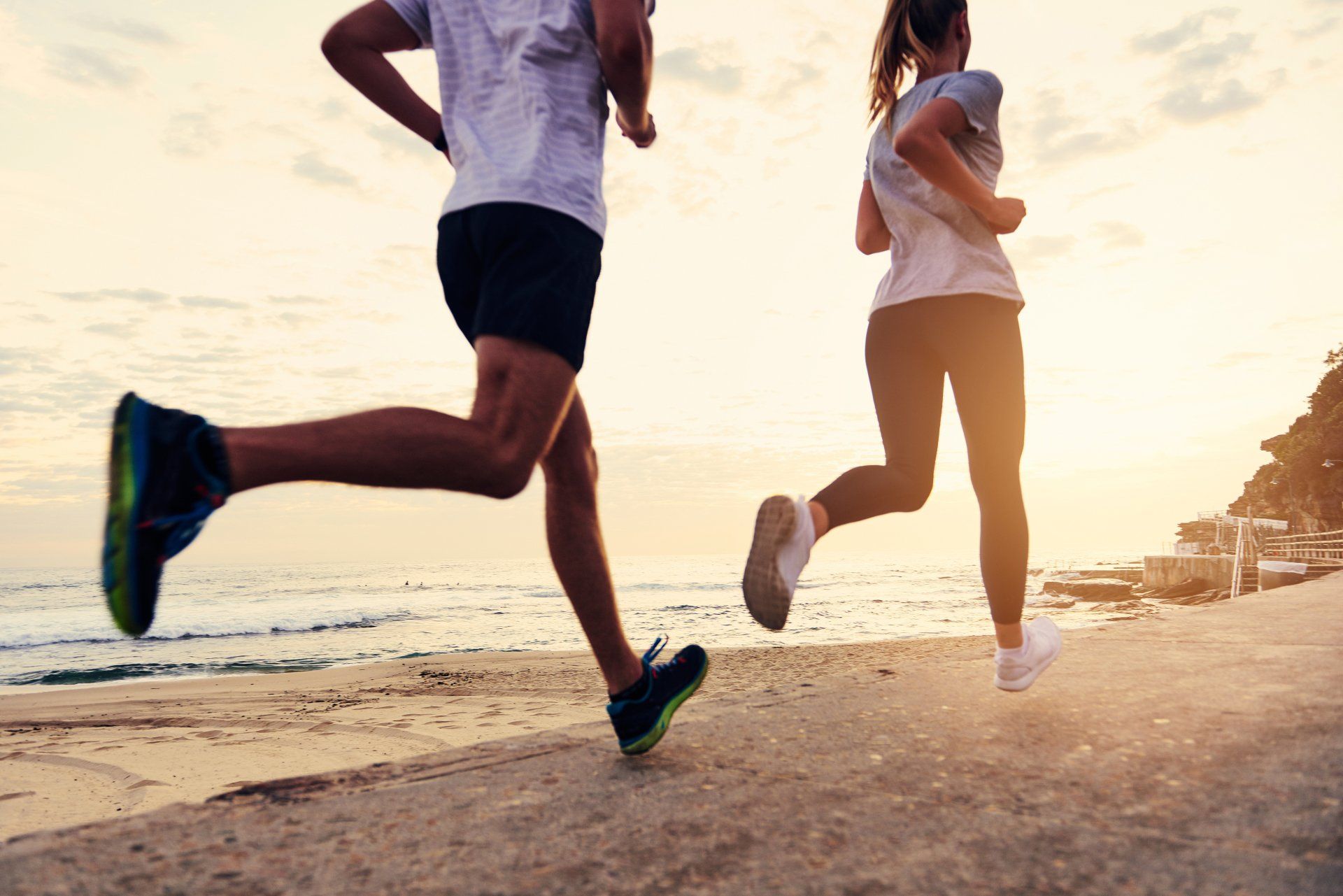Exercise and Mental health
Its long been proposed that exercise has an effect on mental health, but how? And what type of exercise ? For what duration?
I write this as we in Melbourne, Australia have entered stage 4 lockdown. One of the 4 reasons cited to leave our homes is for exercise, this is evidence enough that governments recognize the importance of physical activity around our mental well-being.
Exercise can enhance well-being in a number of ways, increased vigour, decreased rate of fatigue, positive mood alteration and lowering frustration and anger levels.
Lets have a look at its impact on the leading mental health issues that we are confronted with in our “normal” daily lives let alone when confronted with these unprecedented external events
Depression:
Studies have shown exercise can be as effective as medication in some instances to treat mild depression. A recent Harvard study found that running for 15 mins or walking for 1 hr reduces the risk of major depression by 26%.
Exercise promotes changes in our brain function, neural growth and can help us tap into our para-sympathetic nervous system which helps our rest and relaxation response. Its positive impact on endorphins, chemicals that influence our mood can enhance and even repair cognitive function. It serves to bring us into the present, a distraction if you like from the cycle of thinking. Mindful exercise promotes this, yoga is the prime example.
Regular exercise may also lessen the likelihood of future depression. Harvey and colleagues’ (2018) HUNT cohort study followed 33,908 healthy Dutch adults over 11 years. It found that undertaking regular leisure time exercise was associated with reduced incident of future depression but not anxiety.
Anxiety:
These properties of exercise also impact on anxiety in a positive sense. If we can add the mindfulness aspect as well, by observing the body, observing the elements around us we can move from that “fight and flight” nervous system response to the “rest and relax mode mentioned above”.
Mood enhancement can last from 2-4 hours after exercising. The increase in vigor and vitality can contribute to being in “flow” or “flourishing” states. Positive Psychology, a newer branch of psychology identifies these states as enhancing happiness. This doesn’t just benefit the individual but the community, organisation and society they exist in. (Seligman, 2002)
Men:
Latest research is showing that its impact on mens mental health can be even larger than that experienced by their female counterparts. More research is currently being conducted but it seems likely that these more “action based” treatments like exercise are more readily adapted by men and implemented to great effect. With Men 2-3 times more likely to suicide than women any intervention that shows promise needs to be investigated.
Type of Exercise:
So what does the literature and science show about what types of exercise?
Exercise with others:
The social interaction of exercise , like team sport or group classes such as yoga and pilates can have its own antidepressant effects distinct from the exercise. The sense of community can be “one strategy for multiple-mood protective benefits” (Beyond Blue, 2015, producing preventative benefits for many also. This could be as simple as working out with a partner or personal trainer.
Mindful Exercise:
The poster child for this is undoubtedly yoga, by moving, flowing and using the body and breath as a tool the opportunity exists to lessen our often “looped” thinking. Yogis have termed these “vrittis” or what we in the west have come to know as the “monkey mind” Though more research needs to be done on the benefits of exercising in the great outdoors there is no doubt that the elements of nature can help us enter “flow’ states with greater ease. All exercise though if conducted with the appropriate focus can achieve this.
So what to make of this ? Bottom line it works, from both a physical and mental health perspective.
Outdoors may be better, in a group more so, more intense may enhance the benefits but the message is do it. If its an hour a day (government mandated or not!) outdoors, online or in a home or external gym commitment to the cause will have positive mental health benefits.


